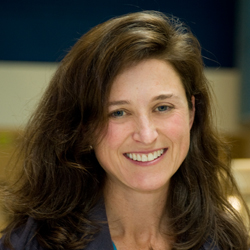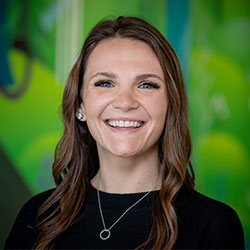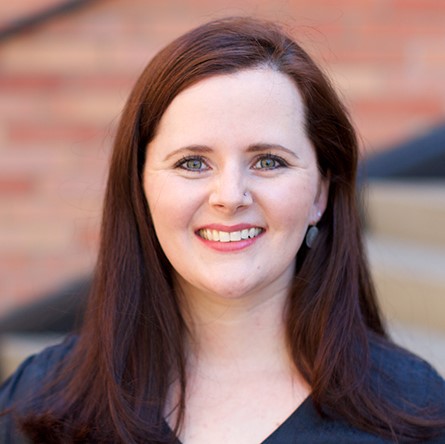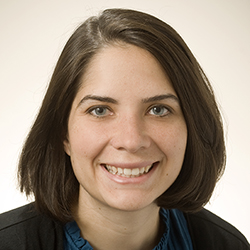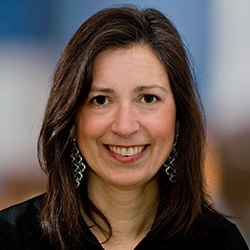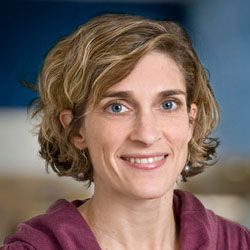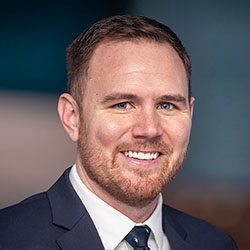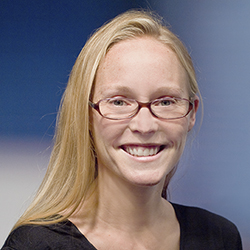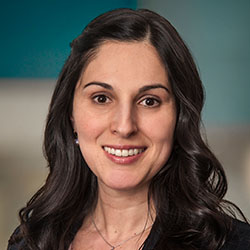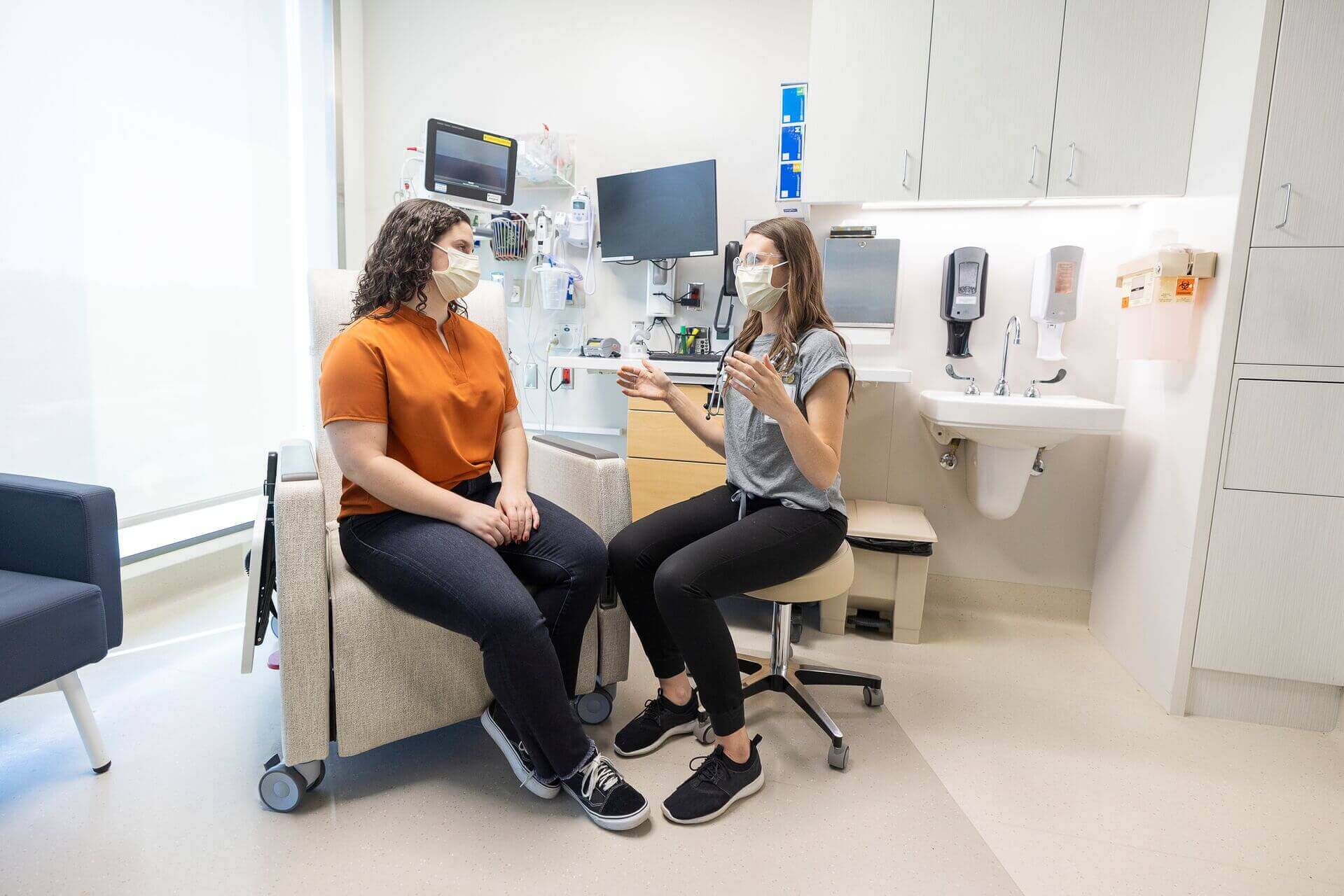Fertility Preservation Program
Contact the Fertility Preservation Program
What is fertility preservation?
Some medical conditions and treatments can make it harder or impossible to get pregnant or to make someone pregnant later in life. Sometimes patients can take steps to make it more likely to have biological children in the future. This is called “fertility preservation.” Read more about fertility and treatment for cancer and blood disorders (PDF) (Spanish).
The Fertility Preservation Program at Seattle Children’s helps by:
- Talking to you about how your condition or treatment may affect your fertility
- Giving you information written for teens and young adults to help you understand all your choices
- Referring you to other experts at Seattle Children’s or to fertility preservation services in the Seattle area
-
Is fertility preservation always an option?
We cannot be certain about who will have fertility problems and who will not. In addition, some patients may be too young for many methods of fertility preservation. Others may not have time before their treatment starts.
As part of your long-term follow-up after treatment, your healthcare team will check your fertility and help you plan for the future. If fertility is a problem, we can help you think of other ways to start a family.
What’s special about fertility preservation at Seattle Children’s?
At Seattle Children’s, fertility preservation is a normal part of taking care of our patients. If your condition or treatment may impact your fertility, your care team will talk with you and your family about it.
We will tell you about possible ways to preserve your fertility. We will help you and your family understand the strengths, limits, successes and science behind each option. Our goal is to help you make the choices that are right for you.
You will get expert care from specialists in our Urology and Gynecology programs and our Cancer and Blood Disorders Center. We help you take needed steps such as making arrangements with a reproductive clinic that freezes sperm, eggs, ovarian or testicular tissue.
We are the only hospital in our region to offer ovarian tissue cryopreservation (OTC), a way to remove and freeze immature eggs so they can be used later in life. This makes fertility preservation possible for patients who have not yet gone through puberty and for those who cannot delay treatment to freeze their eggs.
If you would like an appointment, ask your child’s care provider to refer you.
If you have a referral or would like a second opinion, contact the Cancer and Blood Disorders Center at 206-987-2106 or by email.
Providers, see how to refer a patient.
What conditions and treatments affect fertility?
Fertility is most likely to be affected by:
- High-dose chemotherapy and radiation needed to treat some cancers and blood disorders
- Medicines for some kidney conditions
- Certain genetic conditions such as Turner syndrome
- Some types of gender-affirming care
How your fertility is affected depends on:
- The condition you have
- Your gender
- Your age at the time of treatment
- The kind of chemotherapy or other drugs that you receive
- Where on your body you get radiation
- The amount of medicine and radiation you receive
- How long it has been since treatment when you try to have a baby
Options to Preserve Fertility
-
Freezing sperm
Freezing and storing some of your sperm is called sperm cryopreservation, or sperm banking. This is an option for patients who are physically and emotionally mature, starting about age 12.
Usually sperm are collected by having you ejaculate into a container. If that is not possible, patients who are near puberty (peripubertal) may be eligible for a surgical option to get sperm. This is called testicular sperm extraction (TESE).
It is best to do sperm banking before treatment starts. There may be other times when this will also work. Talk to your healthcare team.
Only you can use your sperm. The reproductive clinic will discuss what will happen to your sperm sample if you do not need it in the future.
Read more about Sperm Cryopreservation (PDF) (Spanish).
-
Freezing eggs or embryos
Freezing eggs and storing them is an option for those who have started having periods (menstruation). This involves taking hormones to make your ovary mature and release multiple eggs (ovulate). Then a procedure is done to remove your eggs before you start treatment.
They can be frozen without being fertilized (oocyte cryopreservation). Or they can first be fertilized with sperm from your partner or another donor. Freezing fertilized eggs is called embryo cryopreservation.
The eggs or embryos can be stored for many years until you are ready to become a parent. If your unfertilized eggs have been stored, your partner’s or donor’s sperm can be used to fertilize the eggs.
Preserving eggs takes at least 2 weeks to finish before you start treatment for your illness. This is how long it takes for the hormones to make you ovulate. Your doctor can let you know if it is safe to delay your treatment. In some cases, egg collection can be done after you finish treatment or between treatments.
Read more about freezing eggs to preserve fertility (Oocyte Cryopreservation) (PDF) (Spanish).
-
Freezing ovarian tissue
Surgeons at Seattle Children’s remove one of a patient’s ovaries, which contains immature eggs. The ovarian tissue is sent to Seattle Reproductive Medicine, where it is frozen. ReproTech then stores the tissue until you are ready to use it.
Read more about ovarian tissue cryopreservation (PDF).
-
Freezing testicular tissue
Surgeons at Seattle Children’s remove a portion of one of a patient’s testicles. The testicular tissue is sent to the University of Pittsburgh Medical Center, where it is frozen. ReproTech then stores the tissue for potential future use. This is only offered as an experimental protocol that is in its very earliest stages (experimental and clinical trial) with the hope that at some point in the future the tissue can be used to create healthy mature sperm.
-
Is fertility preservation covered by insurance?
Health insurance may not cover these procedures. Ask your health insurer what is covered and how much you will have to pay.
You may be able to get financial help from the clinic that is storing your sperm or eggs or from programs like LIVESTRONG.
Fertility Preservation Team
Fertility Preservation Program Providers
FAQs
-
Why is fertility preservation important?
Even as cancer patients are living longer and better lives, a downside of treatment can be reduced fertility. Many patients expect to grow into adulthood and eventually have kids of their own. It can be devastating to come to terms with the fact that they will never be able to build a biological family; we see so much grief in that. Fortunately, even though the field of fertility preservation is fairly new, we have more tools than ever to intervene before, during or after a child’s medical treatment to preserve their healthy ovarian tissue, eggs, sperm or even embryos for a future pregnancy.
Preserving fertility is the new standard of care when possible and appropriate for children with cancer or other conditions whose treatment will reduce fertility. The latter includes patients getting a bone marrow transplant (which includes sickle cell patients), those receiving highly toxic chemotherapy for cancer-directed therapy, those receiving radiation to their pelvis, some medications to treat kidney and rheumatologic diseases or those undergoing some gender-affirming treatments, among others.
-
How do you evaluate a child’s risk of fertility loss?
We provide a personalized, detailed risk assessment that takes into account the patient’s sex, any previous treatment that may affect fertility, what treatments they are planned to receive and how toxic they are, lab testing and more. The ability to do this risk analysis and describe personalized fertility treatment options is fairly new. It was just made possible by new publications in the last year regarding the pediatric, teen and young adult populations. We also do a thorough exam that includes questions to help determine if the patient is sexually mature and whether they are mentally mature enough to discuss and participate in fertility preservation options.
-
What fertility preservation options does a patient have?
For patients assigned male at birth, we can offer sperm cryopreservation. Typically for adolescents assigned male at birth and who have reached the appropriate level of sexual maturity, I have a conversation about masturbation and ejaculation to get the sperm, with some patients needing less support and education than others. We try to get them to an outpatient clinic for semen collection, although if they are inpatient, we have the patient collect the semen specimen inpatient and transport it within 30 minutes to the UW Male Fertility Lab or Seattle Reproductive Medicine (it has to be processed within an hour). Some males can’t get an erection and ejaculate, and in those situations, one of our surgeons can remove a piece of their testicular tissue and send it to the UW Male Fertility Lab Clinic where they can “milk” the tubules to retrieve the sperm. This is called testicular sperm extraction (TSE).
For patients assigned female at birth, we can offer ovarian tissue cryopreservation (all ages) in addition to egg preservation and storage, which has been around for over 30 years and has been widely done since 2012. Ovarian tissue cryopreservation is very new and offered here at Seattle Children’s.
These options are explained in detail in this video.
The timing of fertility preservation depends on the patient’s medical condition and which treatments/medicines are planned or underway. For example, sperm cryopreservation should be done before chemotherapy starts, because chemotherapy can damage the sperm DNA, affecting its ability to fertilize an egg. Some patients will delay medical treatment for a brief time (a day to several weeks) to start fertility preservation. Others can couple procedures for their disease and fertility preservation together (one anesthesia and operating room visit instead of two). Or they might slot fertility preservation into their ongoing cancer-directed treatment; for example, once they are in remission and recover their blood counts, we can get them into the operating room to collect ovarian tissue. When they’ve healed, they go right back into their cancer-directed therapy.
Contact Us
If you would like an appointment, ask your child’s primary care provider to refer you.
If you have a referral or would like a second opinion, contact the Cancer and Blood Disorders Center at 206-987-2106 or by email.
Providers, see how to refer a patient.
Scheduling an appointment
- How to schedule an appointment at Seattle Children’s.
- If you already have an appointment, learn more about how to prepare.
- Learn about resources such as useful links, videos and recommended reading for you and your family.
Telemedicine at Seattle Children’s
Your child’s first appointment in our clinic will be in person and take about 90 minutes. Later visits may be offered via telehealth (virtual). Learn more about telemedicine at Seattle Children’s.
Paying for Care
Learn about paying for care at Seattle Children’s, including insurance coverage, billing and financial assistance.
